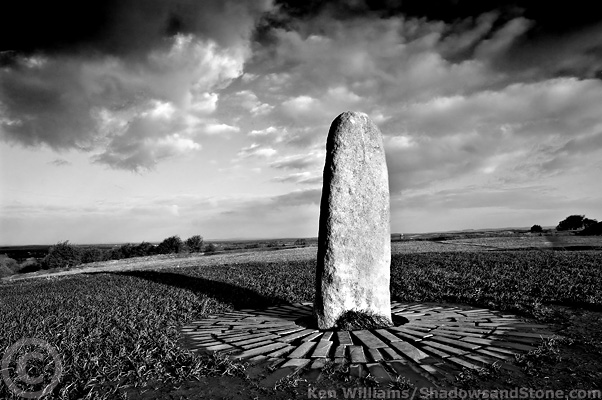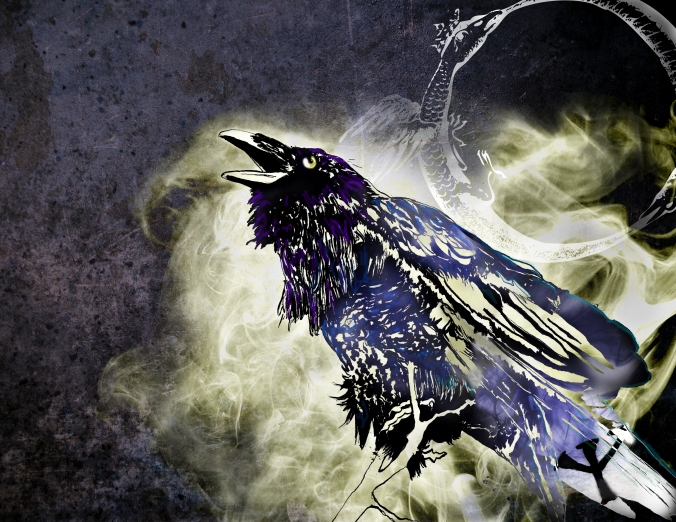This year was my fifth year attending Pantheacon, one of the largest Pagan gatherings in the world and one of the Coru’s most involved events of the year. Pantheacon is an overwhelming and powerful event. It’s a place to learn from brilliant minds and to attend rituals and ceremonies presented by an abundance of traditions and groups. It’s a gathering of tribes, covens, traditions, and families. It’s a bizarre concentration of potent and powerful people, spirits, and Gods set in a semi generic chain hotel in an corporate center next to a major airport. Pantheacon is overwhelming, an energetic minefield and a maelstrom of energy……and Pantheacon has a hygiene problem.
I don’t mean that Pantheacon is dirty, the hotel and the con staff do an extraordinary job of maintaining the event. The Doubletree is a decent hotel and the staff are excellent. The Pantheacon staff itself are absolutely amazing as well and are clearly dedicated to making the environment there a safe and welcoming place to all. And when I say that the Con has a hygiene problem I’m also not speaking about germs, although the con crud was brutal this year and if you go in the future I highly recommend doing everything you can to bolster your immune system and be conscious of the risk of flu. The hygiene that I’m referring to is spiritual and psychic hygiene.
My first Pantheacon was a bit of a shock for me. I had spent the previous seven years of my life living in remote regions in the Sierra Nevada mountains far away from most human contact. I tend to prefer solitude and wilderness to cities and neighbors and find that I would rather deal with regular visits from bears, foxes and spirits than I would from strangers or solicitors. My spiritual practice, which was always there with me, was strictly solitary. I had some close friends, I had some allies, but for the most part my work was done alone.
That all changed about five years ago. Circumstances were shifted, fates were rewoven, and a fiercely powerful Celtic Goddess grabbed me by the scruff of my neck with corvid talons and shook me back into action, called me into service. Soon after that call I found myself walking through the doors of the San Jose Doubletree and into the energetic pandemonium that is Pantheacon and it was beyond overwhelming.

Main Altar : Temple of the Morrigan photo by Joe Perri
In an environment like this, hospitality is immensely important. There needs to be hospitality for the humans and hospitality for Gods as well as space for the spirits and the wandering dead. At this convocation of the worlds, hospitality must flow between the realms as well as between the people.
Hospitality suites are immensely important to the human community at Pantheacon. They provide spaces for individuals and different groups and traditions to meet and get to know each other. They provide spaces for smaller workshops and meetings to take place in, and they also provide essential places for people to rest and relax in private and more intimate places than the rest of the hotel. I have also found that the hospitality in some of these suites can be somewhat elusive. I have often had the experience of walking into a group’s hospitality suite and finding it occupied by a small group of people engaged in conversation, ignoring visitors. While I understand that the nature of the event makes for an environment of busy socializing and over stimulation, this act of being so involved with friends that you ignore guests and visitors is actually poor hospitality.
It can be difficult maintaining that level of hospitality while also being pulled in multiple directions and trying to take care of your own needs. The nature of the event means that things will be missed and people ignored. We never seem to have the time to spend time with everyone that we want to, but we should always be striving to improve and make those connections while also keeping an eye open for the stranger crossing our threshold looking for aid or company.

Shrine to Nuada and Scathach : photo by Joe Perri
Hospitality means being greeted by a welcoming face, an offer of food and drink, a warm conversation. Hospitality demands connection and engagement and in a spirit rich environment like Pantheacon, hospitality should extend to the spirit community, to our ancestors and the dead, and most importantly, to our Gods. The Coru’s Hospitality suite and the Temple of the Morrigan arose to meet the combined needs of hospitality to the the community as well as hospitality to the community of Gods, spirits, and ancestors with which we share our world.
Each year we have made changes and improvements to the way we run our hospitality suite with the goal of making it a safer and more welcoming space for everyone. Our first year we had ourselves scheduled so fully that we were unable to provide the type of connection and personal conversations with the community that we were striving for. To address this problem we found it helpful to have a person on staff during our open hours whose sole job is was to maintain hospitality. Someone whose job it was to simply welcome everyone walking into the room and offer them a drink and a bite to eat, a Briugu, an ancient Irish term for hospitalier, or in the case of the Coru suite at Pantheacon this year, a Hospitality Viking.

Hospitality Dream Team: Hospitality Viking (Grant Guindon) and Dagda Priest (Jon O’Sullivan) in the Coru Suite : photo by Joe Perri
The Temple of the Morrigan was created for a parallel purpose. It was created to provide a sacred space, an area warded and set apart from the rest of the convention where people can spend time in communion with the Gods. Where the hospitality suite is created and maintained for the human community, the Temple is created and maintained as a nexus between the community of spirits and Gods and the community of the living. It’s a place for us to offer the Gods our hospitality and in return are treated to the hospitality of the Gods, a quiet place, where one can sit in the presence of the unseen and the divine. It has also become a place for anyone who is experiencing spiritual trauma to find safety and a trained priest to help them navigate their experiences. Over the past few years, the Coru Temple priests and those that aid us have had a variety of challenges walk through our door. The nature of the Temple and its staff creates a safe space for people having intense experiences to find shelter and aid there. Because we are one of the only types of space like this at Pantheacon and the fact that we have trained priests on duty there, it allows people going through events such as spirit possession, possession by Gods (Celtic and other), psychic assault, emotional breakdowns to have a safe space and allows the wandering and lost spirits and the dead, to all cross the threshold of the Temple and seek aid. Having trained and skilled priests, people with skills at spirit work as well as pastoral care, is critical to keeping a space like the Temple safe for all.

Brigid’s Shrine : photo by Joe Perri

photo by Joe Perri














